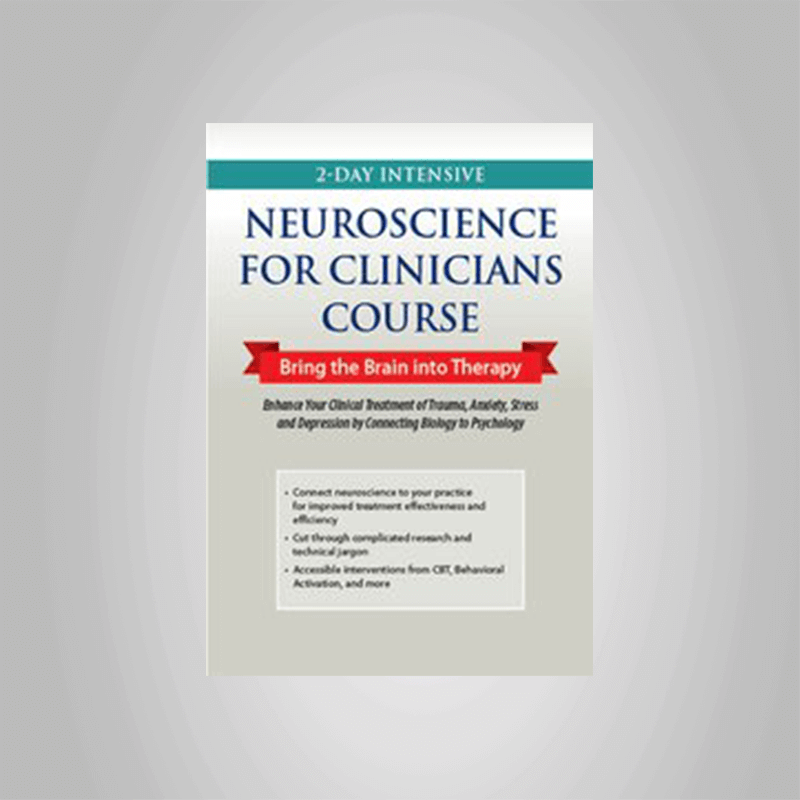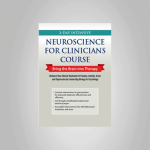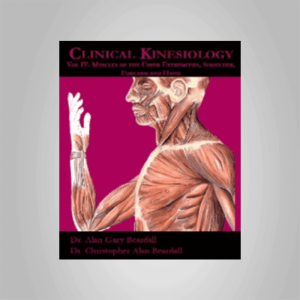Carol Kershaw, Bill Wade – 2-Day Intensive Neuroscience for Clinicians Course: Bring the Brain into TherapyDescriptionYou work hard to stay up to date on the latest developments to bring greater healing to your clients. And the field of neuroscience is filled with research that could help you improve effectiveness and efficiency in your practice.But how do you separate useful information from findings that aren’t relevant to clinical work? How do you distinguish meaningful discoveries from dubious, even dangerous, pseudoscientific claims? And how do you link complicated scientific information to the real-world treatments you need to help clients with the mental health issues they face each day?This recording will connect the latest findings in the fields of neuroscience and neurobiology to therapeutic interventions you can apply to everyday clinical situations. You’ll discover why neuroscience matters to therapy and learn to apply practical and adaptable tools based in cognitive therapy, attachment, mindfulness, behavioral activation, and positive psychology to the treatment of anxiety, stress, trauma, and depression.Don’t let confusing scientific jargon and research lead you toward risky misunderstandings or keep you from upgrading your practice by adding a neuroscience informed approach to your clinical work.Cut through the frustrations of interpreting complex scientific research, and build the confidence you need to bring the brain into therapy!HandoutsManual – 2-Day Intensive Neuroscience for Clinicians Course (14.9 MB) 109 Pages Available after PurchaseOutlineMotivate and Engage Your Clients with NeuroscienceSimple explanations on brain structure and functionThe neurobiology of specific disordersYou can change – neuroplasticity and the potential for transformationTeach Clients About Brain HealthSleep quality and moodNutritionThe habit of exerciseThe value of social supportDetrimental impacts of stressHow the Neurobiology of Attachment and Relationships Informs Your Clinical PracticeNeurobiological basis of attachmentHow relationships impact our brainsMirror neurons, empathy and connecting with othersOxytocin and the individual selfHow attachment style impacts your clients’ relationshipsAttachment and attunement in the therapeutic relationshipTrauma: Connect the Neurobiology of Trauma to TreatmentChildhood trauma and the trajectory of brain developmentThe fight/flight/freeze responseImplicit memory and the limbic systemClinical techniques:Trigger identificationExposureGuided imageryGrounding strategiesAnxiety and Stress: Regulate Emotion and Interrupt Anxious RuminationHow the brain is organized – and how it organizesHomeostasis, stress pathways and stress responsesThe resting state – the parasympathetic nervous system and mental healthEmotional and thinking circuits, and perception of control – and why this matters to therapyClinical techniques:Mindful awareness of emotions – labeling emotionsInterventions that shift focus away from anxious ruminationInterrupt worry patterns with physical exerciseDiaphragmatic breathing exercises to regulate emotionResiliency – susceptibility to stress-based damageDepression: Techniques to Intervene in the Downward SpiralThe limitations of medication-based treatmentBrain circuits involved in positive and negative emotionThe brain’s negativity bias and depression riskThe amygdala in the depressed brainThe downward spiralReconstructed memoriesClinical techniques:Behavioral Activation – get out of your head and into your lifeCognitive therapy tools – problem solving skills in the treatment planThe psychology of obtainable goalsSelf-compassion as a buffer to depressive symptomsNeurocognitive Health CheckupTest of Variable Attention (TOVA)Mood evaluationBiochemical dysfunction and depressionMeasuring memoryBrain injuryNeurofeedbackSimple Biofeedback Tools for Regulating Physiological ResponsesPhysiological control and psychologyBiofeedback gamesControlled breathingHeart Rate VariabilityEEG biofeedback trainingDistractibility and the Brain: Cognitive Costs in the Land of Information OverloadThe myth of multitasking – Multitasking vs. task switchingSynaptic pathways, mental states, memory and learningThe pre-frontal cortex and flexible goal directed behaviorTeach clients coping strategies that can:Reshape detrimental behavioral patternsDecrease distractionsBuild organizational and time management skillsThe Neuroscience of Positive PsychologyThe science behind gratitudeOvercome barriers to practicing gratitudeEasy-to-use gratitude exercisesThe neuroanatomy of forgivenessStrengths-based interventionsFlow statesMerge action with awarenessFlow, the prefrontal cortex, and the inner criticResearch limitations of positive psychology approachesThe Limitations of Neuroscientific Research and Potential RisksfMRI imagingThings to keep in mind regarding animal studiesSimple explanations for complicated processesResearch limitations, and treatment risksFacultyCarol Kershaw, Ed.D.Carol Kershaw, Ed.D., is a licensed psychologist and co-director of the Milton Erickson Institute of Houston and co-author of Brain Change Therapy: Clinical Interventions for Self Transformation (2012 WW Norton), co-author of The Worry Free Mind (Career Press) and author of The Couple’s Hypnotic Dance (Brunner/Mazel). She is board certified in Neurofeedback, a member of the American Psychological Association, and approved consultant for the American Society of Clinical Hypnosis. She is an international trainer and is a frequent presenter in the states on the most cutting edge interventions based in neuroscience and hypnosis. Carol has been featured on ABC, CBS, Fox and NBC for her cutting-edge work.Speaker Disclosure:Financial: Carol Kershaw receives royalties as an author for W.W. Norton and Company. She receives a speaking honorarium from PESI, Inc.Non-financial: Carol Kershaw has no relevant non-financial relationship to disclose.Bill WadeBill Wade, M.Div., LPC, LMFT is a licensed professional counselor and marriage and family therapist, author and international trainer. Co-director of the Milton Erickson Institute of Houston he is also a co-author of Brain Change Therapy: Clinical Interventions for Self-Transformation and The Worry Free Mind: Train Your Brain, Calm The Stress Spin Cycle, and Discover a Happier, More Productive You. Bill has taught extensively in the states on neuroscience and has also taught meditation and given Dharma lectures at various Buddhist temples.Speaker Disclosure:Financial: J. William Wade maintains a private practice. He receives royalties from W.W. Norton, Amazon Books and CDS. He receives a speaking honorarium from PESI, Inc.Non-financial: J. William Wade is a member of the American Association for Marriage and Family Therapy; American Counseling Association; and Texas Association for Marriage and Family Therapy.
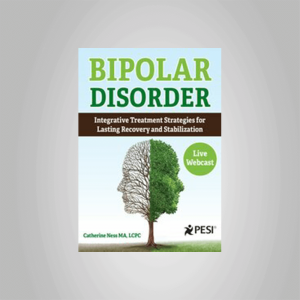 Catherine Ness – Bipolar Disorder: Integrative Treatment Strategies for Lasting Recovery and Stabilization
₹5,810.00
Catherine Ness – Bipolar Disorder: Integrative Treatment Strategies for Lasting Recovery and Stabilization
₹5,810.00
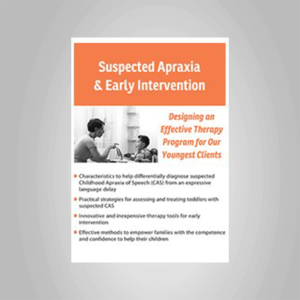 Cari Ebert – Suspected Apraxia and Early Intervention
₹5,810.00
Cari Ebert – Suspected Apraxia and Early Intervention
₹5,810.00
Carol Kershaw, Bill Wade – 2-Day Intensive Neuroscience for Clinicians Course: Bring the Brain into Therapy
₹10,790.00

